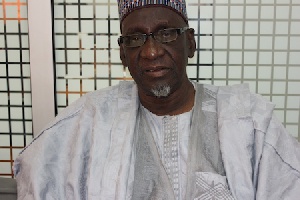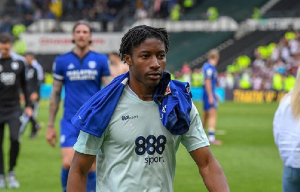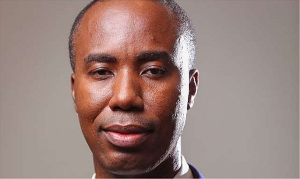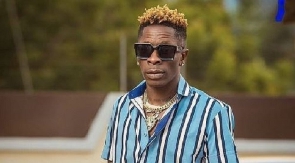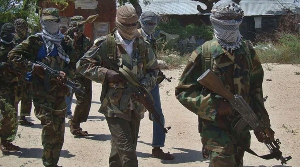The national president of the Fulani community in Ghana, Prof Osman Barry has described as “ridiculous” claims that Fulani men have been raping Ghanaian women, since in his view, Fulani women are so beautiful that it would be outrageous for a Fulani man to leave his “more beautiful and more attractive” Fulani woman to go raping comparatively less beautiful Ghanaian women.
Debunking rape claims against his kith in an interview with Morning Starr host Kafui Dey on Starr 103.5FM on Monday January 12 2015, the Historian said: “Now you, as you are sitting here my brother, you know the Fulani women how they look like. Can you have any comparison to them?”
“To me it looks very funny because if you say somebody is raping your wife, unless he doesn’t have a wife like yours. And somebody has a wife more than yours, so what are you talking about? If you are talking about sex or you are talking about attraction, these [Fulani] are people who have the most beautiful women in the whole world,” he stressed.
According to him, the Fulani “have very elegant and beautiful women in Africa south of the Sahara because they are not Negros.”
“They are a crossbreed of what we call the Caucasians: The white and the black put them together and they produced…the chocolate colour, the milk colour and what have you,” Prof Barry who is also a retired diplomat said.
The Fulani are one of the largest ethnic groups in Africa, numbering approximately 40 million people in total. They are also one of the most widely dispersed and culturally diverse ethnolinguistic groups in Africa.
They are bound together by the common language of Fulfulde. A significant proportion of them – an estimated 13 million – are nomadic, making them the largest pastoral nomadic group in the world. Spread over many countries, they are found mainly in West Africa and northern parts of Central Africa, but also in Sudan and Egypt.
There have been recurrent skirmishes between the Fulani in Ghana’s Ashanti region – particularly in Agogo, as well as other areas in the Eastern region – which have resulted in shootings, killings, decimation of farms and rapes.
Host communities in Ghana have normally accused Fulani men of raping their women, a charge which Prof Barry has laughed off.
Prof Barry told Kafui Dey that being Muslim nomads, the Fulani always need “divine protection”, therefore “somebody with this nature and everything will not leave his beautiful wife, charming woman and very attractive complex colour and then go and chase another wife…for what reason.”
Regional News of Monday, 12 January 2015
Source: starrfmonline.com

